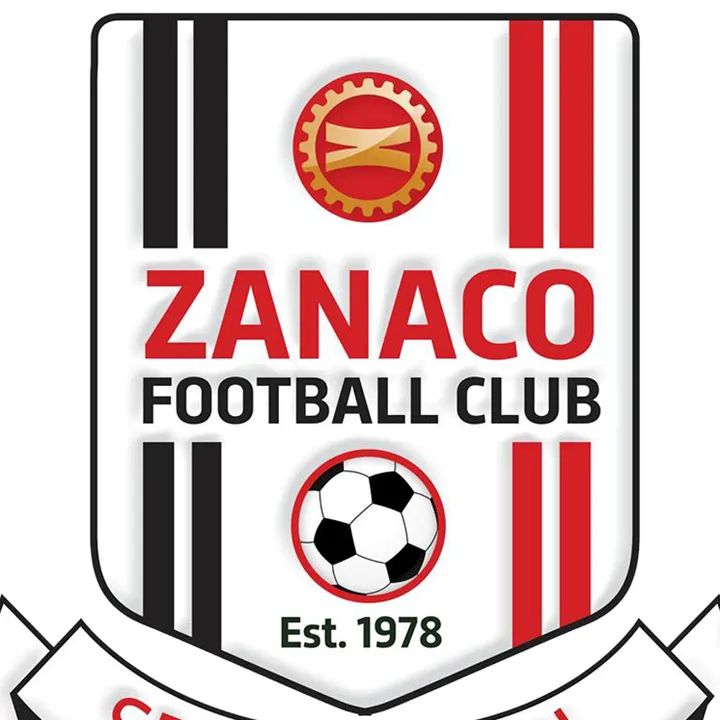By BUUMBA CHIMBULU
OVER US$60 million worth of credit facilities have been extended to large corporates by Zanaco bank plc over the years, as it scoops the best trade finance provider in Zambia.
In addition, the bank had provided US$7 million to Small and Medium Enterprises (SMEs), and was a partner in trade financing to 54 cooperates and 25 SME businesses.
Zanaco has continued to be recognised on the global front as demonstrated by the ‘Best Trade Finance Provider in Zambia for the year 2022 Awards,’ according to the institutions Chief Executive Officer, Mukwandi Chibesakunda.
Ms Chibesakunda indicated that the bank was a two time recipient of this award having won the award for 2020.
“We are pleased to be recognised once again as the best trade finance provider for the second time. This award solidifies our aspirations of becoming a top transactional bank by 2025 and affirms our commitment to growing businesses through the various trade finance solutions that we offer.
“The development also demonstrates Zanaco’ s preparedness in facilitating cross-border payments in the wake of the African Continental Free Trade Area (AfCFTA) that seeks to accelerate intra-African Trade by ensuring the free movement of goods, services and people on the continent,” he said.
Commenting on the award, Global Finance publisher and editorial director Joseph Giarraputo said the trade finance sector continues to be hit hard by the fallout from the Covid-19 pandemic, and providers are still adapting to the challenges it presents.
Mr Gupta said the winners of the annual trade finance awards are institutions that have best responded to these challenges and have served their clients most successfully.
Zanaco Plc was among the financial institutions in 102 countries that have been awarded by international financial publisher, Global Finance, for being instrumental in trade finance.
The editorial review board of Global Finance selected the best trade finance providers based on entries from banks and other providers, as well as input from industry analysts, corporate executives and technology experts.
Artificial Intelligence to detect fraud developed
By BUUMBA CHIMBULU
AN Artificial Intelligence (A.I) software that could be used in security cameras to easily detect fraud among others, has been developed by a Zambian-owned technology company based in the Netherlands, LabelFuse.
A.I is the simulation of human intelligence processes by machines, especially computer systems.
Zambian Dutch-based technology expert and LabelFuse proprietor, Kelvin Aongola, said that deploying A.I technology in security cameras in Zambia could now identify a thief in a robbery scenario.
Mr Aongola said the technology could also tackle corruption through Machine Learning that automated data entry in public procurement systems.
“What we do is A.I. for real time analysis. What that means is that, if, for example, you have cameras. Cameras generate a whole lot of data. All that feed that you’re receiving, you don’t really know what’s happening, and most CCTV owners just have to record, watch what happened and then make a decision.
“For example, theft. Theft will happen, your CCTV will just be looking and that’s it; you only get to realise when the event is done. With A.I, things you can do is, when that thing begins to happen, you get to receive alerts and identify if someone is stealing, holding a gun or if someone is doing illegal things in a place where they are not supposed to be. So, that is where LabelFuse is now,” he said in a statement.
Mr Aongola said A.I. could identify all those anomalies in the data being captured.
He explained that where most of this corruption happened was where one allowed someone to manually fill in the information.
“The most important bit about the A.I. is more about the confirmation; confirmation could be visual, do you need a face identity or do you need us to identify trends with the data that’s being entered,” Mr Aongola said.
Fuel adjustments meant to attain fiscal consolidation (LEAD)
By BUUMBA CHIMBULU
THE upward adjustment of fuel pump prices which is inflationary in nature, has been necessitated by Government’s stance to attain fiscal consolidation and dismantle Zambia’s debt, according to the Kwacha Arbitrageur Magazine.
Zambia’s fuel arrears as at end-August 2021 stood at US$477.79 million
The Energy Regulation Board (ERB) therefore last week announced a 20-29 percent hike in fuel prices with petrol now selling for K21.16 per liter while diesel and Low Sulphur Gasoline is now trading at K20.15 and K22.29, respectively.
This upward adjustment comes almost exactly two years after the last hike effected on December 26 of 2019.
Petroleum products nonetheless remain zero rated for Valued Added Tax (VAT) purposes leaving a residue subsidy.
The Kwacha Arbitrageur Magazine however analysed that this move had been necessitated to reflect global crude and currency price.
It explained that this was in a quest to reallocate resources to productive sectors of the economy through a subsidy removal program as the Southern African nation readies for an International Monetary Fund programme (IMF).
“The fuel price adjustment remains one of the boldest moves the new dawn government has implemented three months into office as they seek to deliver on electoral promises of restoring economic growth.
“However the step continues to be misunderstood by critics on account of the medium term effects it will have on the cost of living for Zambians. However the bailout package is said to have greater positive externalities in the long term if embraced wholly,” the magazine indicated.
International crude prices continue to trend bullish around US$75 a barrel while the copper currency has shaved over five to seven percent value in the last two years.
These are two key variables taken into consideration in determination of fuel prices according to the energy regulators cost plus pricing model.
The magazine also emphasised that electricity prices were expected to adjust higher as part of the removal of subsidies on power.
Zambia recently reached an agreement with the IMF for a US$1.4 billion extended credit facility which sets the pace for debt restructure targeted for the first quarter of 2022 which if successful will improve the country’s sovereign posture.
“The IMF bailout package being a precursor for successful debt restructure continues to signal hope around the rating agencies regrading Zambia favourable in the first half of 2022 which could open the countries credit lines that have since closed given its current default rating,” the magazine stated.









